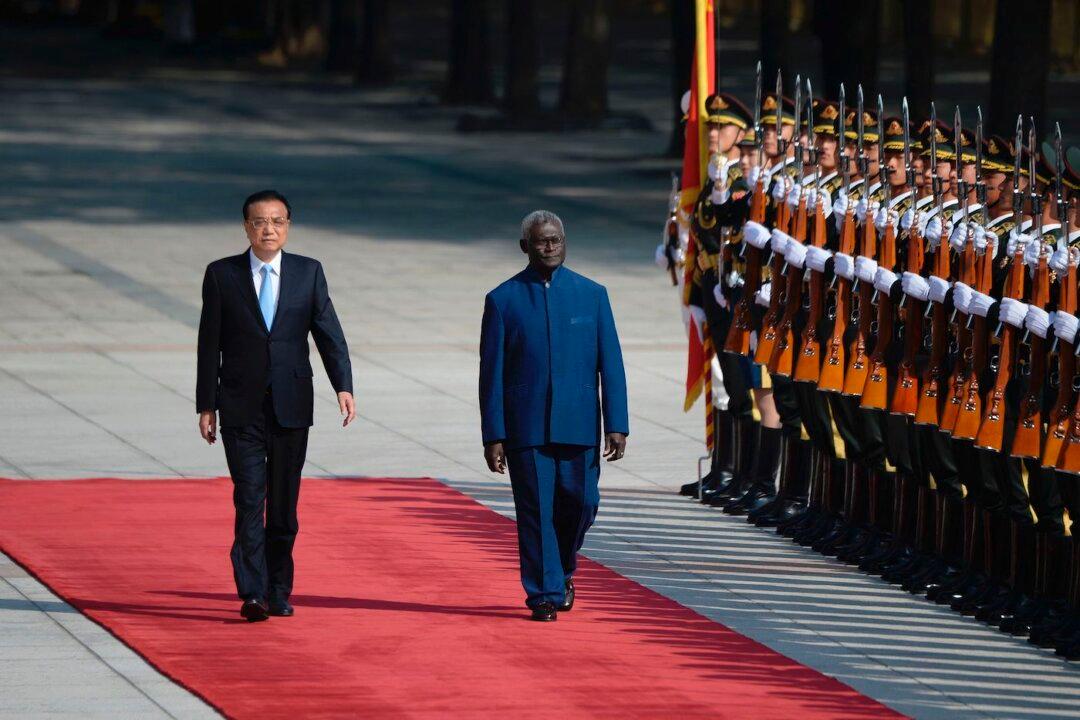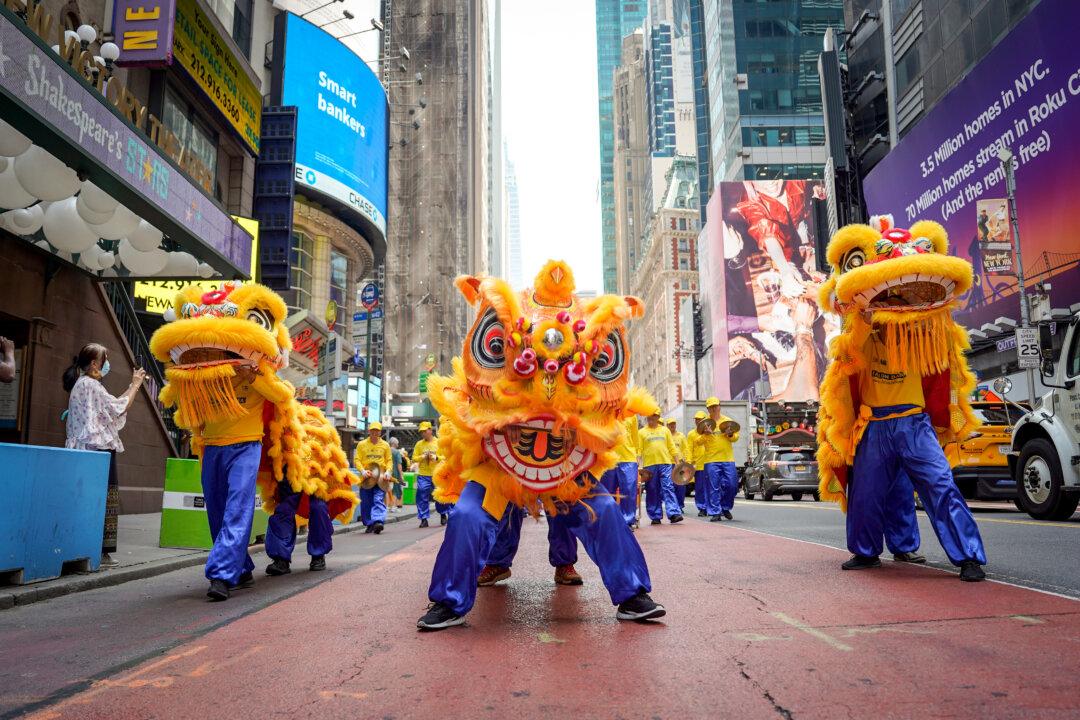The regime in Beijing is spreading false information in the Solomon Islands in an attempt to undermine the Pacific nation’s partnerships with Australia and the United States, a report from the Australian Strategic Policy Institute (ASPI) says.
The Chinese Communist Party (CCP) used local media and disinformation to sway public opinion and undermine the Solomons’ existing partnerships with countries such as Australia and the United States during mass protests in its capital last year, according to the report, titled “Suppressing the Truth and Spreading Lies: How the CCP is influencing Solomon Islands’ information environment” and published on Oct. 5.




